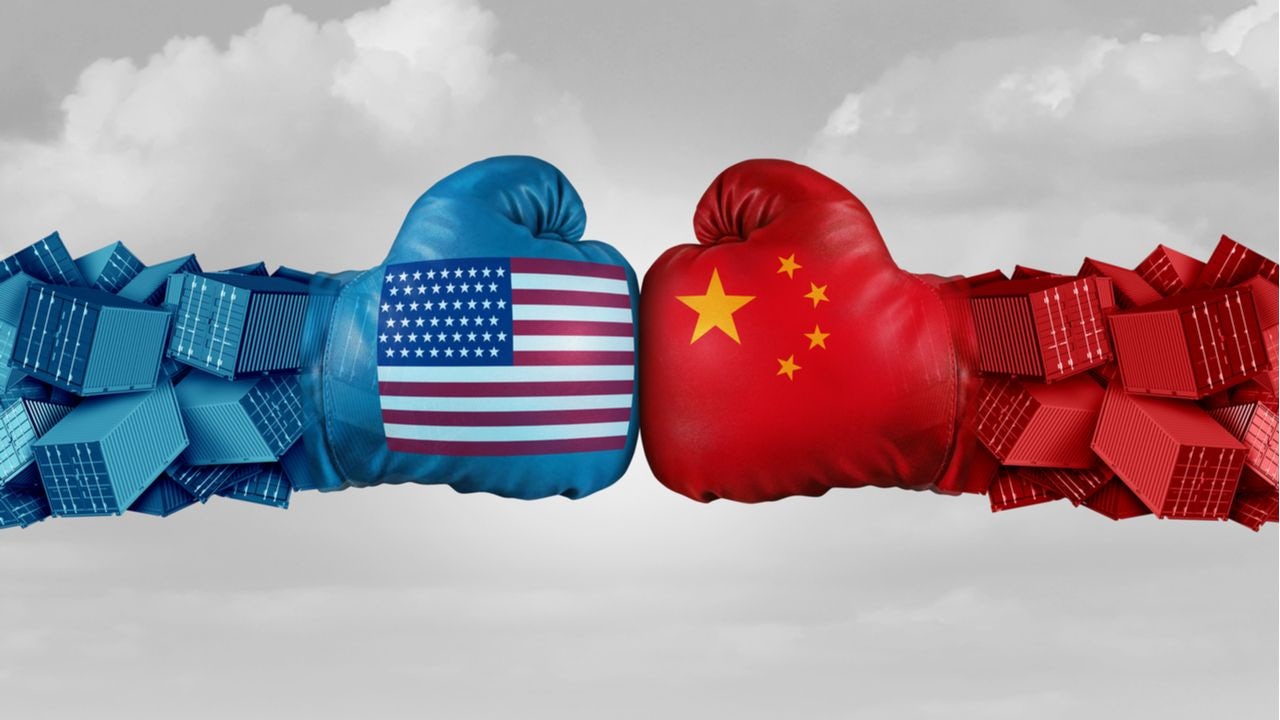The New York Stock Exchange (NYSE) can’t seem to make up its mind, deciding once again to delist three major Chinese telecom companies starting on January 11.
The announcement on Wednesday was an abrupt reversal of a reversal. The stock exchange first said it would end trading of shares in China Mobile, China Telecom, and China Unicom last week to comply with an executive order that bars Americans from investing in firms potentially tied to the Chinese military.
The NYSE then reversed course on Tuesday after “further consultation with relevant regulatory authorities.” This news comes after Beijing criticized the Trump administration for seeking to suppress Chinese companies “under the weakest pretext of national security” and warned of retaliatory measures.
"This is in serious violation of market competition principles and international trade rules the US side always prides itself on,” said Chinese foreign ministry spokesperson Hua Chunyingin in a press conference.
Now, the exchange’s plan to proceed with the trading ban is sending markets into a tizzy. Although shares of the three companies rose on Tuesday thanks to the short-lived turnaround, they tanked again in New York on Wednesday following the latest news. China Telecom’s stock fell 3.7 percent while China Mobile and China Unicom dropped 2.7 percent and 2.3 percent, respectively. Shares in all three firms also fell around 8 percent in Hong Kong.
While shareholders may not be thrilled to say goodbye to the telecom giants, which have been trading in New York for the last two decades, not all see this as bad news. Republican Senator Marco Rubio said he agreed with the NYSE’s final (so far, at least) decision and called the first about-face an “embarrassing incident.”
“After an intense pressure campaign from those of us who believe we should prioritize the interests of American workers and mom & pop investors above Beijing and Wall Street, I am pleased that the NYSE decided to reverse their earlier announcement," said Rubio.
This delisting debacle is just another example of the fraying relations between the world’s two largest economies. As Trump closes out his term in office, he has doubled down efforts to crack down on China, from signing orders to ban eight Chinese apps, including Alipay and WeChat Pay, to limiting visas for members of the Chinese Communist Party.
And if speculation comes to fruition and Trump really adds Alibaba and Tencent, two of China’s most valuable companies, to his blacklist, American investors can expect a hard blow — yet another problem incoming President Biden will have to deal with.


